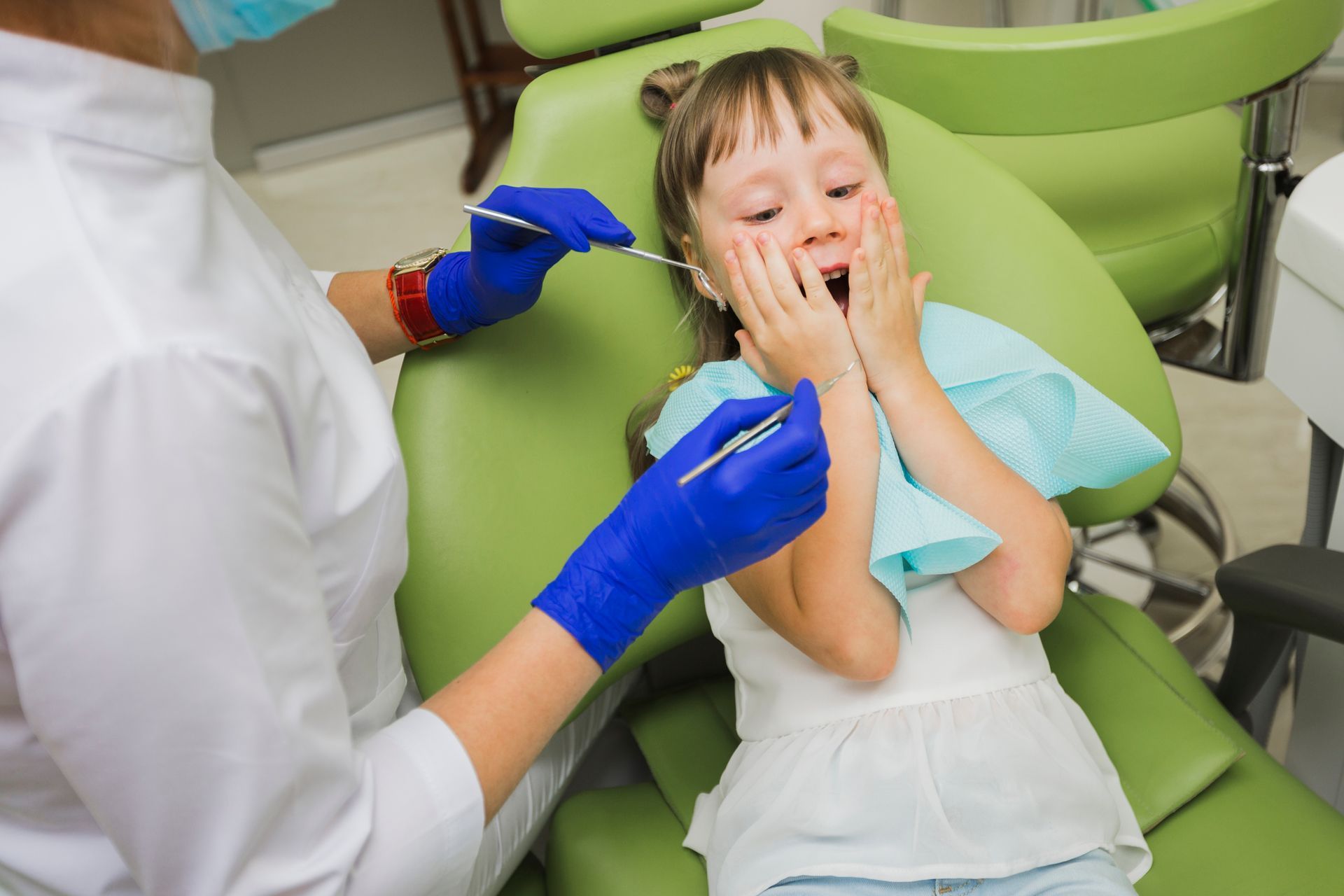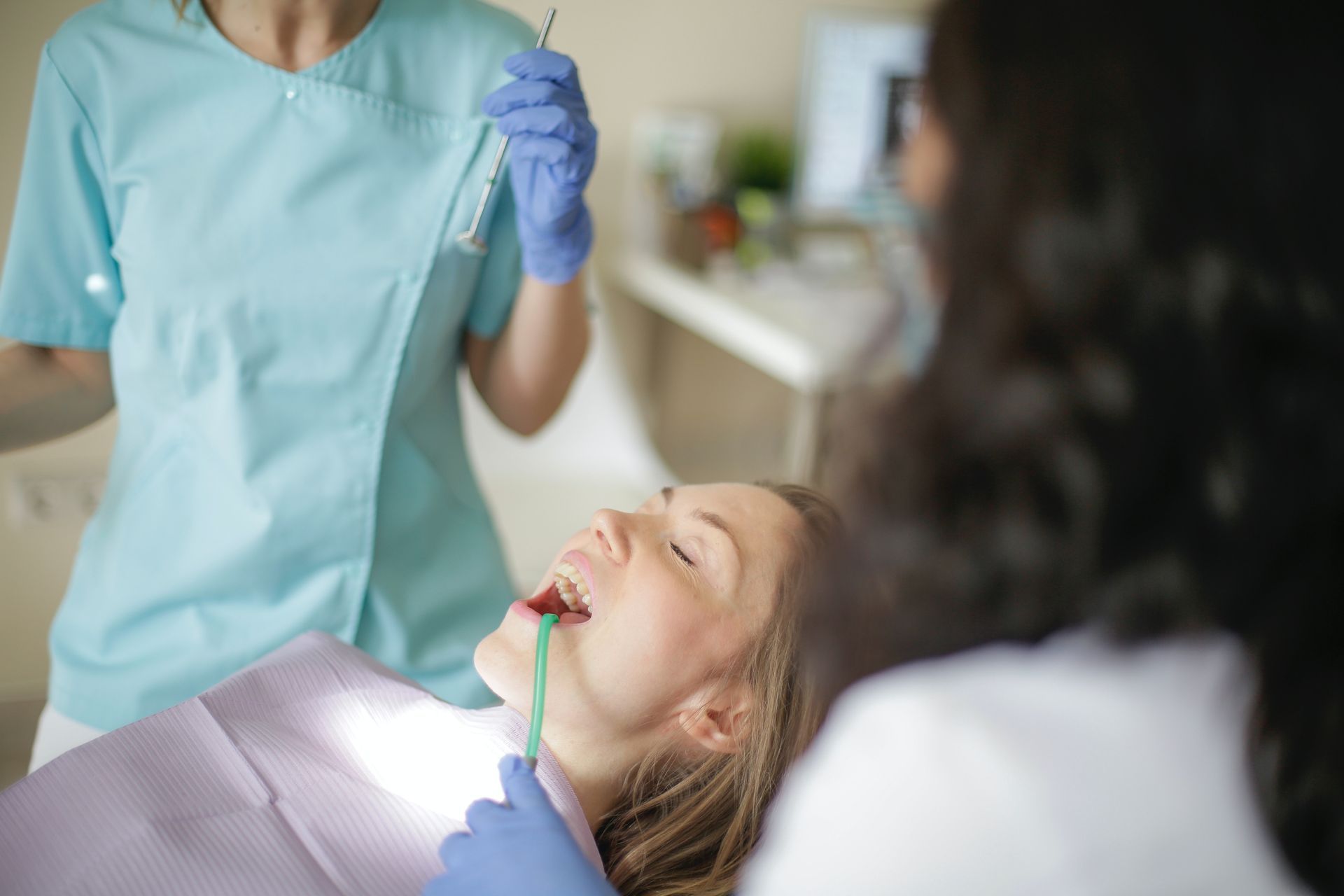3/142-152 Mawson PL, Mawson ACT 2607
Exciting news everyone! Our practice expansion is all done and ready, with better facilities, state of the art equipment but with the same fantastic patient care, we are oh so proud of!
Exciting news everyone! Our practice expansion is all done and ready, with better facilities, state of the art equipment but with the same fantastic patient care, we are oh so proud of!
Receding Gums: Treatment & Causes

Need professional treatment for your gum recession? Visit your local dentist at Mawson Dental Care. We specialise in treating all kinds of dental problems, including receding gums. We will work closely with you to restore your gum health with our periodontics services in Canberra
Gum recession is a common oral health issue that happens to anyone at any age. In fact, research has shown that 3 in every 10 adults may have some level of gum recession that can lead to serious concerns if not treated immediately. Even individuals who maintain good oral hygiene can be at risk of developing it.
Given this data, it is important to understand what gum recession is, the causes and risk factors associated with it, and the treatments available.

Can You Repair Receding Gums?
Unfortunately, receding gums cannot be repaired, cured, or grown back. This is because gums are not capable of regenerating unlike our other gum tissue. Hence, if the gums have been completely damaged, they would permanently be gone. However, you can prevent receding gums with proper oral care and treatment.
What Is the Fastest Way to Heal Receding Gums?
If you have a mild gum recession, the fastest way to heal them is by managing your oral health and taking topical antibiotics. Depending on the condition of your receding gums, you can undergo procedures such as dental bonding and orthodontics treatment to heal your receding gums faster.
Dental bonding is a minimally invasive dental procedure where the dentist conceals the gum recession using a tooth-colored composite resin and cover your exposed tooth root to make it less obvious.
Other orthodontics treatment may involve braces to aid in your gum recession. Misaligned bite, rotated, or crooked teeth may cause gum recession. Thus, the gum recession then could gradually heal itself once the tooth has been realigned.
How Far Can Gums Recede Before Teeth Fall Out?
Gums have the potential to recede to the point where the top of the root is exposed. Where it cannot be seen, damage can potentially spread to the bone and ligament. After bone loss, your dentist will measure the periodontal pockets on each of your tooth. One indicator that your teeth may fall out after receding gums is when your pockets have become bigger.
This means that deep infections caused your bone and gum tissue to fall off. For reference, healthy pockets range in size from 1 to 3 millimeters. But if you have periodontal disease, your pockets will be at least 5 millimeters deep.
Why Are My Gums Receding in My 20s?
There are various factors why your gums may recede even if you are still in your younger years. Apparently, poor oral health can be blamed but if that's not the case, your overbrushing might be the culprit. It's important to note that brushing too hard or using a brush with bristles that are too stiff not only leads to tooth sensitivity but also gum recession.
Certainly, regular brushing of teeth helps improve our oral hygiene. But overdoing it might lead to negative consequences such as brushing away your gums. If you have a history of gum recession, you can ask your family members or go to a trusted dental hygienist to help detect the disease from possibly occurring.

At What Age Do Gums Start Receding?
Although gum recession can occur at any age, it is most common to develop among individuals aged 65 years old and above and those who have the following:
- have periodontal disease
- have sensitive gums caused by aggressive brushing
- had undergone orthodontic treatment
- previously had braces
- have a lip or tongue piercing
- an unhealthy smoking habit
What Do Early Signs of Gum Recession Look Like?
Although many people believe that exposed tooth roots are the sole indicator of gum recession, there are actually other symptoms to it that include:
- red, swollen, and inflamed gums
- tooth sensitivity
- pain and discomfort within your gum line
- bleeding gums after brushing or flossing
- teeth looks longer and gaps between teeth increases
- bad breath
- tooth loss
- periodontal diseases
- gingival recession
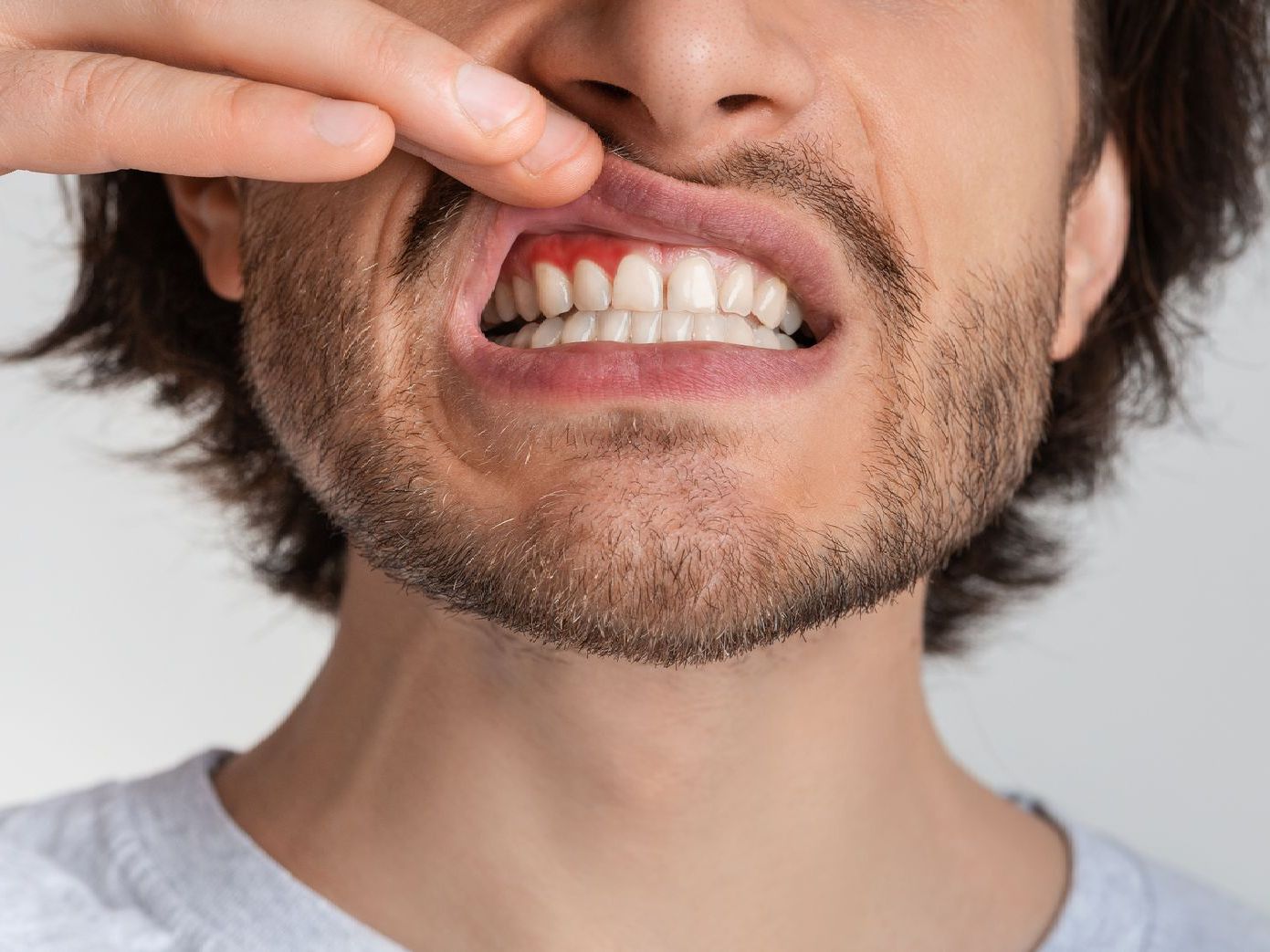
What Does a Dentist Do for Receding Gums?
Dentists most often prescribe topical antibiotics to help treat gum recession. Using a local anesthesia, scaling and root planing or deep dental cleaning can also be performed to remove harmful bacteria that are deeply embedded beneath your gum line. To help treat your gum disease, an antibiotic may occasionally be inserted directly under your gum tissue.
However, in worst cases, your dentist may recommend a long-term treatment such as a gum graft surgery for your gum recession. During this procedure, a gum graft is stitched to replace your missing gum tissue. The graft is typically taken from the roof of your mouth, while it sporadically may originate from a sterile human donor.
Gum grafting treatments may come in a variety of forms. To identify the best procedure for your condition, it is better to get assistance from a dental surgeon.
How Do I Stop My Gums From Receding?
It is not always possible to prevent gum recession, particularly if you are genetically susceptible to having thin gum tissue. But by taking good care of your teeth and gums, you can greatly lower your risk of infection-related gum recession by following this routines:
- brush your teeth thoroughly at least two times a day using a soft-bristled toothbrush
- floss your teeth daily
- gargle with an antimicrobial mouthwash at least two times a day
- visit your dentist regularly for check-ups, cleaning, and to provide treatment options to help stop the progression of the condition
- avoid smoking or chewing tobacco
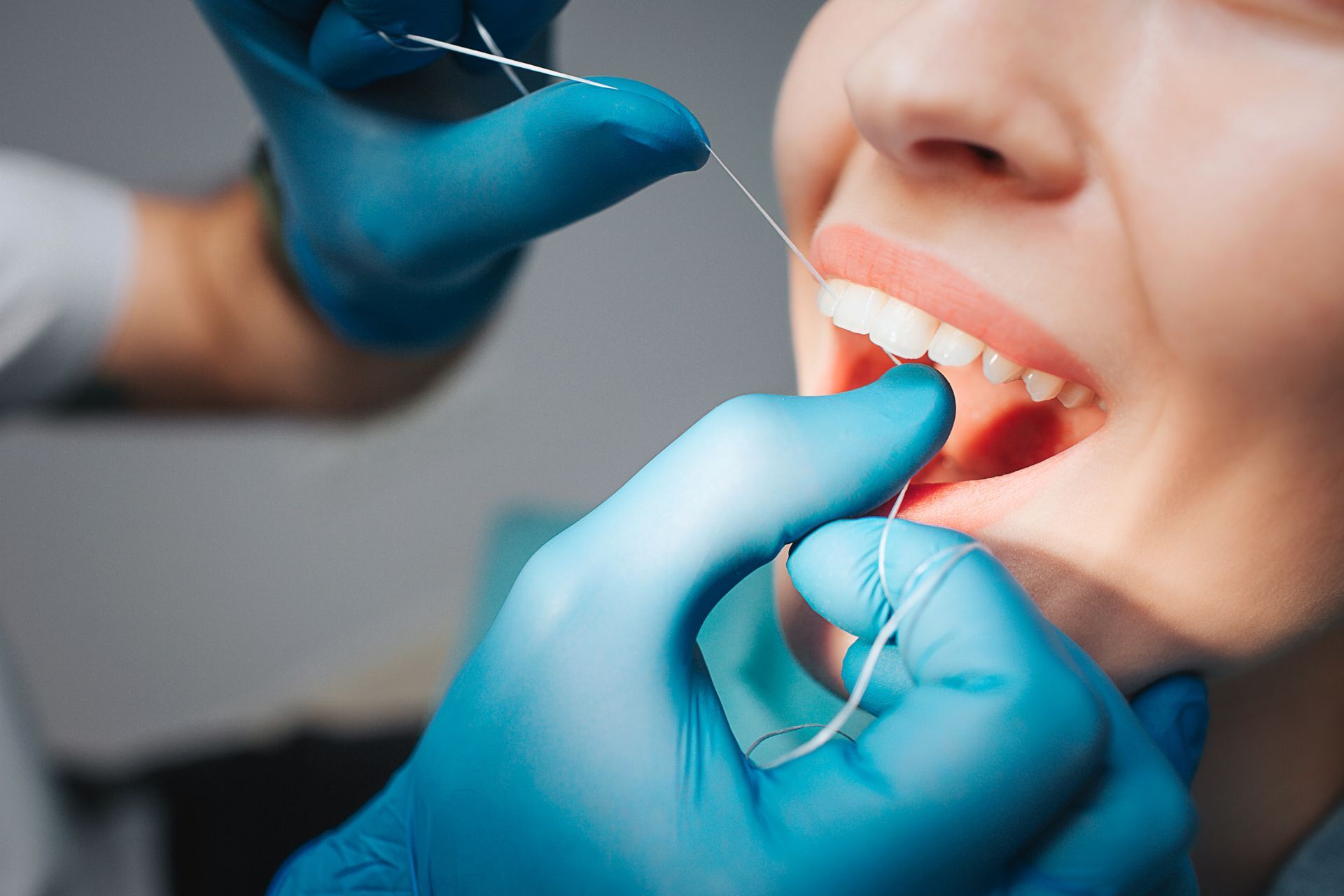
What Is the Cause of Gum Receding?
Gum recession can be caused by various factors such as:
Genetics
There are several reasons behind gum recession but genetics is definitely one of the most common. People who have a family history of gum recession are more likely to experience it themselves. However, it is important to note that some people may experience gum recession even without family history, so it is important to not completely rely on genetic factors when considering the risk of gum recession.
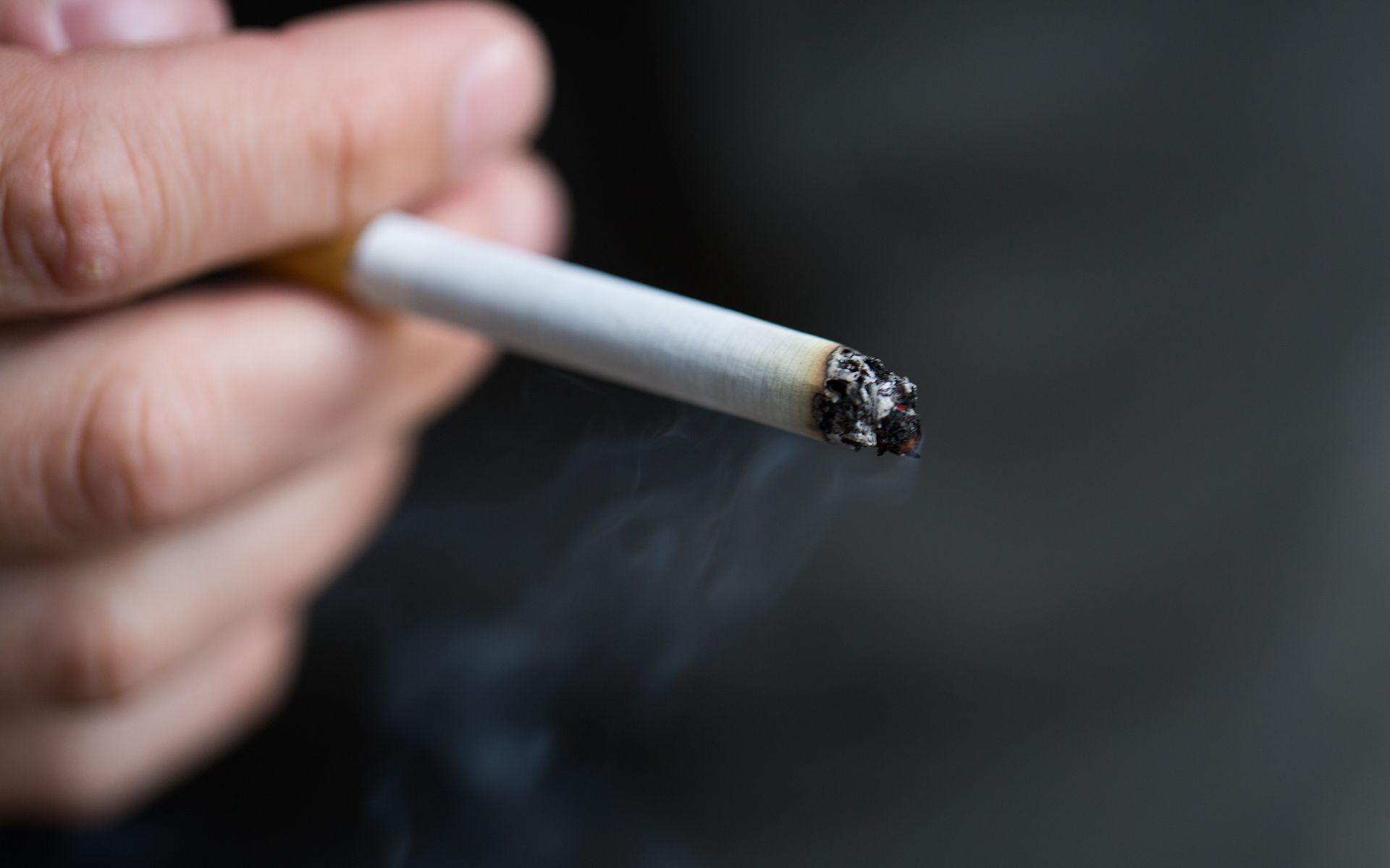
Poor Oral Health
Not brushing your teeth regularly or simply a poor oral hygiene typically results to dental plaque. Once plaque has accumulated on your teeth and gums, it can harden and cause gums to recede. At this point, new pockets are formed from your teeth, providing plaque and germs with more room to proliferate.
Gum Disease
Technically, gum recession is a form of gum disease, which happens when plaque builds up on the teeth and gums, leading to inflammation and infection. When left untreated, the disease progresses and causes the gum tissue to pull away from the teeth. Since gum disease is a major factor that causes receding gums, you should make sure to brush regularly and visit your dentist for early detection and treatment.
Smoking
Although it might not directly affect gum recession, smoking is apparently a contributing factor to it. When you smoke, you are more likely to produce plaque bacteria which can cause your gums to recede. In fact, when a person develops gum disease and still smokes, his immune system weakens. Therefore, exposing the person to more infection which may further worsen the receding gums.
Aggressive Brushing
Another common cause of gum recession is aggressive tooth brushing which causes the gum tissue to pull away from the teeth. Since the gums and other parts of the teeth are exposed due to gum recession, there's a high possibility that harmful bacteria may start accumulating and cause tooth decay.
Teeth Grinding
Teeth grinding or bruxism is a condition that involves frequent clenching and grinding of the teeth. As a result, the pressure caused by this may trigger tooth movement and gum recession, putting the gums in motion Moreover, teeth that have been ground down might become dislodged from their sockets, leading to extensive gingival pockets where bacteria can grow.
Takeaway
Gum recession is a serious dental condition that requires urgent attention once detected. Although practicing good oral hygiene and keeping your oral health in check prevents gum recession from worsening, most cases may still need the intervention of a professional dental service.
If you notice that the roots of your teeth are more noticeable than they once were or if your teeth are more sensitive than usual, it is possible that you have gum recession. You can still achieve improved dental health if gum recession is identified and addressed immediately. That is why you should see a dentist as soon as you feel something may be wrong with your gums.
At Mawson Dental Care, we offer a range of dental services including preventative care and cosmetic dentistry. Whether you want to treat your gum recession or you want to prevent it from developing, we are here to provide a welcoming and caring environment for your dental health needs.

Our Services
Dental Articles
All Rights Reserved | Mawson Dental Care I ABN 92191788198










